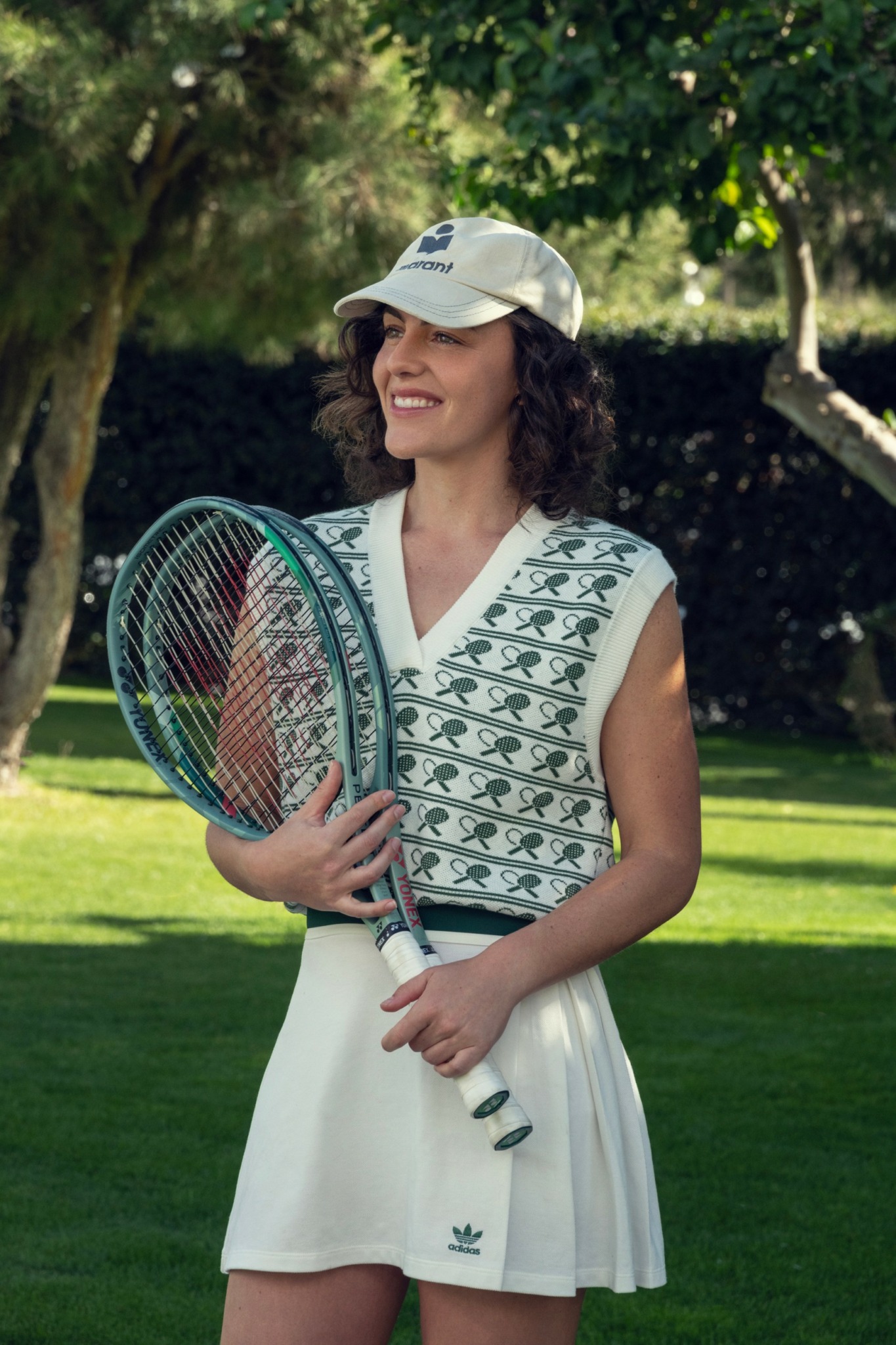We were lucky to catch up with Ingrid Neel recently and have shared our conversation below.
Ingrid, looking forward to hearing all of your stories today. What did your parents do right and how has that impacted you in your life and career?
The fact that I would choose this life all over again says everything about what my parents did right.
I picked up a tennis racquet at age 5 already having sampled several sports to which my parents introduced me. So the sport interested me in a way that was organic and joyful. Unlike many of my peers’ parents, mine let things unfold naturally. They didn’t obsess over burnout, they didn’t worry about me being “normal,” and they never treated tennis like an investment that needed to pay off. Both of them saw the intrinsic value in the sport, which taught me that when we are truly interested in something, what seems like work to others is play to us. And I’m going spend far more time and be far better than the girl who sees it as work.
They found me a coach who treated me like a kid falling in love with a game, He cared deeply about the journey. My parents never tied my worth to my performance. They didn’t set rigid goals or unrealistic expectations, they understood that sometimes goals can be limiting, and outcomes can’t always be controlled. Instead, they gave me freedom and let me steer the ship. They later told me that I made this easy for them, because I was so focused and engaged in the game, and showed a natural love and artistry that made them my biggest fans from Day 1!
One of the most significant turning points was their decision to move our family to Florida. It wasn’t about chasing a career, it was about giving me the chance to train with peers, to enjoy my training in a new environment, and to seize a once in a lifetime opportunity.
Health and fun always came first. And at the end of the day, I always felt more loved for who I was than for what I achieved. My bravery, individuality, and strength were celebrated more than any score I ever posted. My parents made sure my identity was never tied to the court alone, and because of that, I kept playing, even through the heartbreak, because I genuinely loved the game.
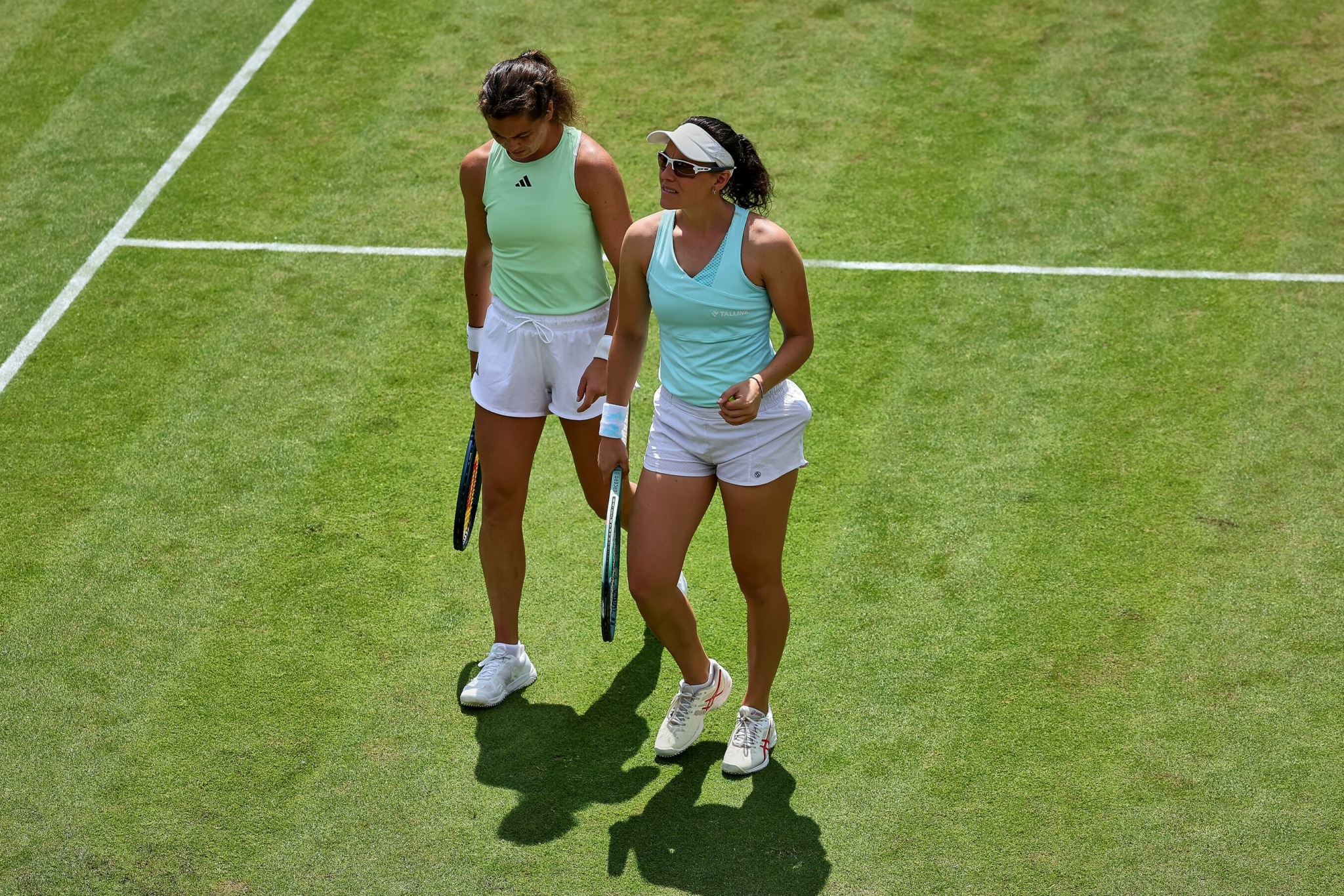
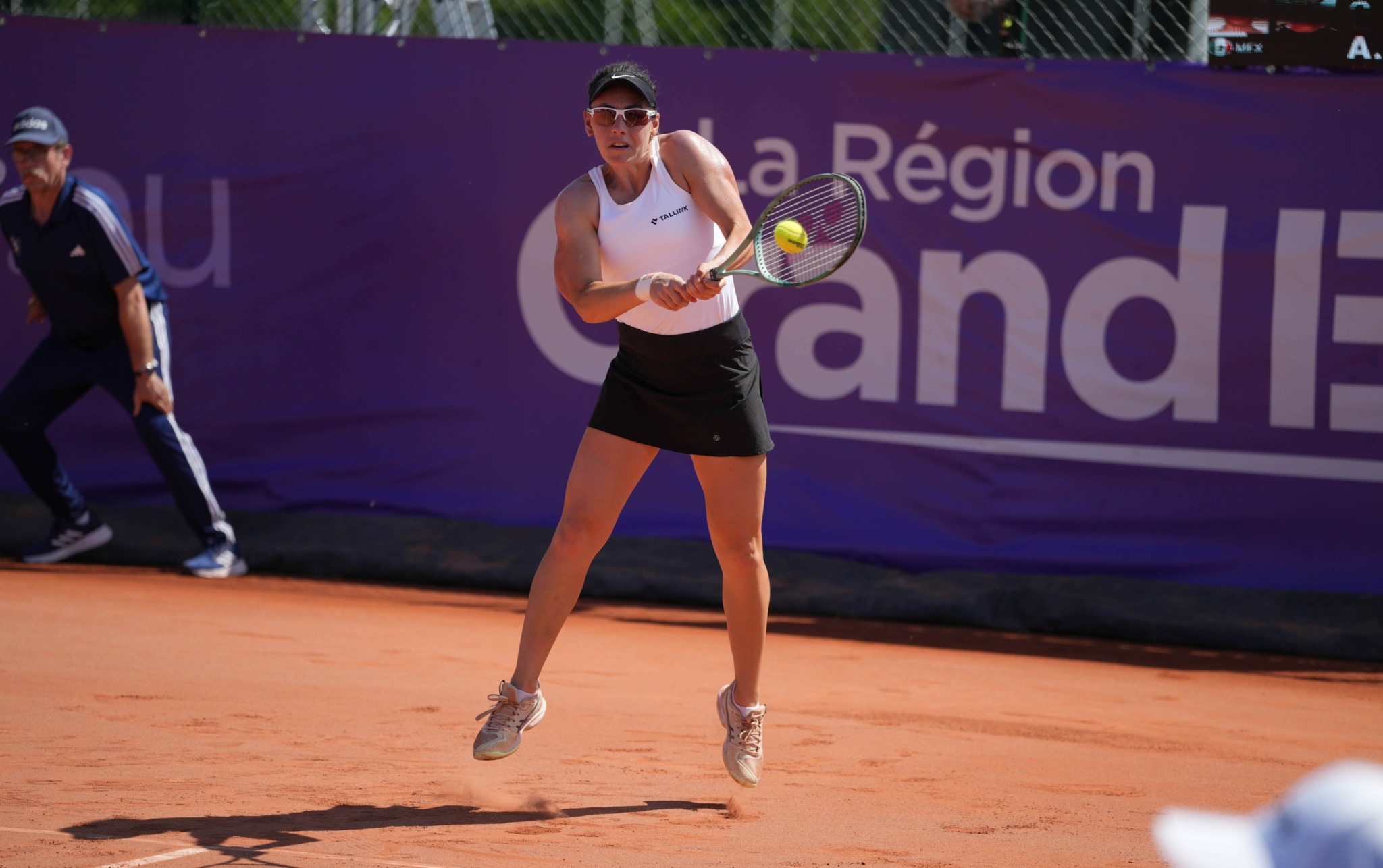
Awesome – so before we get into the rest of our questions, can you briefly introduce yourself to our readers.
I’m a professional tennis player, 27 years old, and I’ve dedicated nearly my entire life to the sport. I began playing as a child, not because I had to, but because I fell in love with it, and as it turned out, I was pretty good at it. What started out as play evolved into passion, and over time, that passion turned into a career. I was the top-ranked college recruit in the country, won a team NCAA national championship, and later transitioned to a career on the professional circuit that includes several professional championship titles.
My “industry,” in a sense, is high-performance sport. But what I do is more than competing, it’s crafting a life around relentless pursuit: of excellence, self-knowledge, resilience, and mastery, while managing the complexities of a full-time global travel schedule. My “product” is performance but the real value lies in the message and example I try to share: that success doesn’t have a straight path, that adversity can deepen purpose, and that our identity is bigger than any title or score.
What sets me apart isn’t just my game, it’s the way I’ve had to fight for it. I’ve spent years managing injuries, funding my own travel, competing without a permanent team, and continuing even when it felt impossible. I’ve also gone through surgery, long layoffs, and the identity crisis that comes when sport is taken away. Through all of that, I have continued my comeback journey with clarity and passion.
For fans, followers, and future collaborators, I want people to know that I don’t see myself as just an athlete. I’m a competitor, yes, but I’m also someone who’s actively pursues in growth in every facet of life; learning, and helping others understand what it takes commit and chase dreams without reservation. I take the virtues which practicing my beloved art tennis has engrained in me (determination, sacrifice, discipline, and self-expression) and apply them off the court.
The work I do is rooted in such principles because, unlike results, they are within my control. I try to pass these lessons on to those who are encountering the storms of life. That’s what I try to bring to every match, every partnership, and every opportunity to connect.
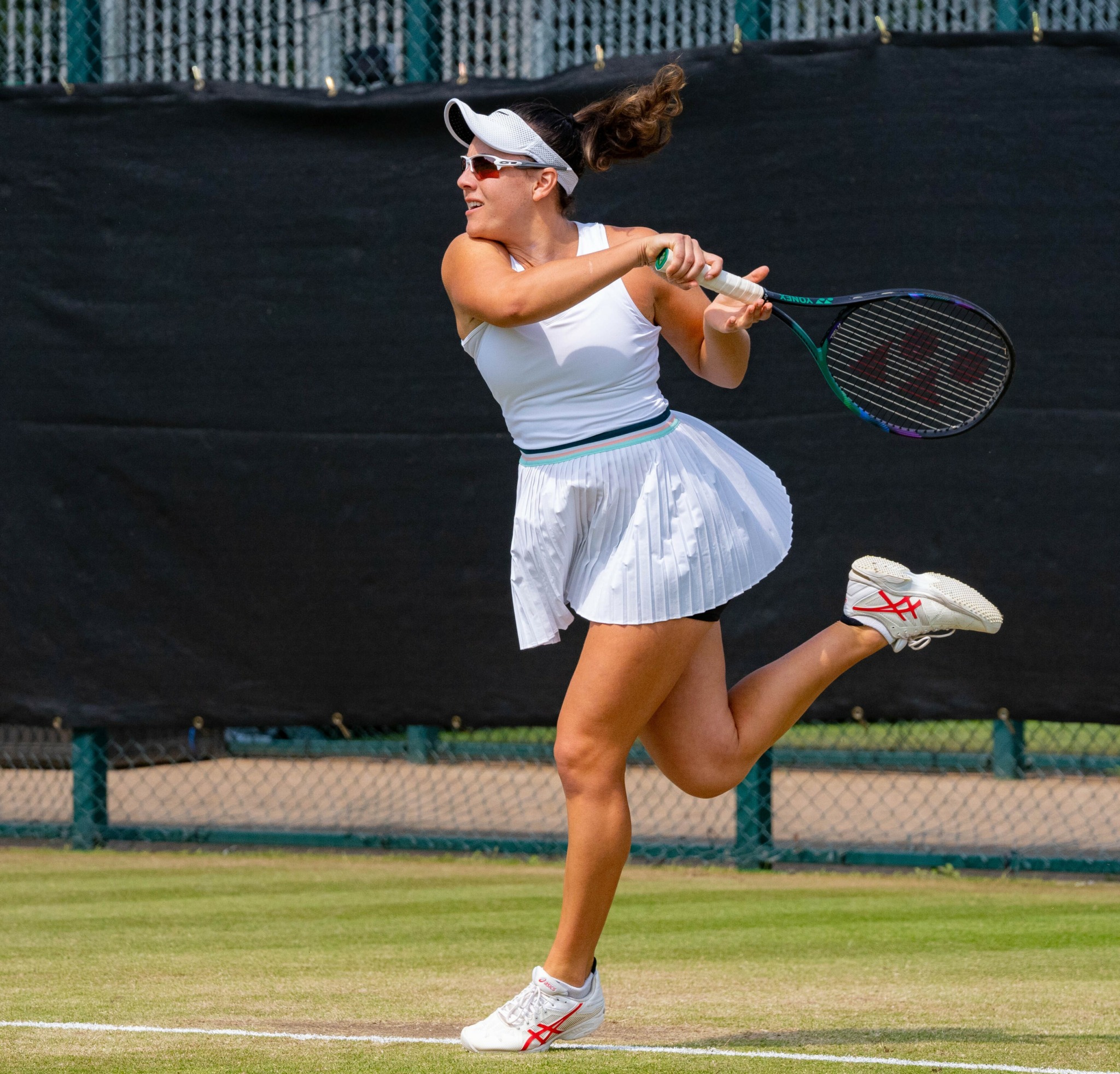
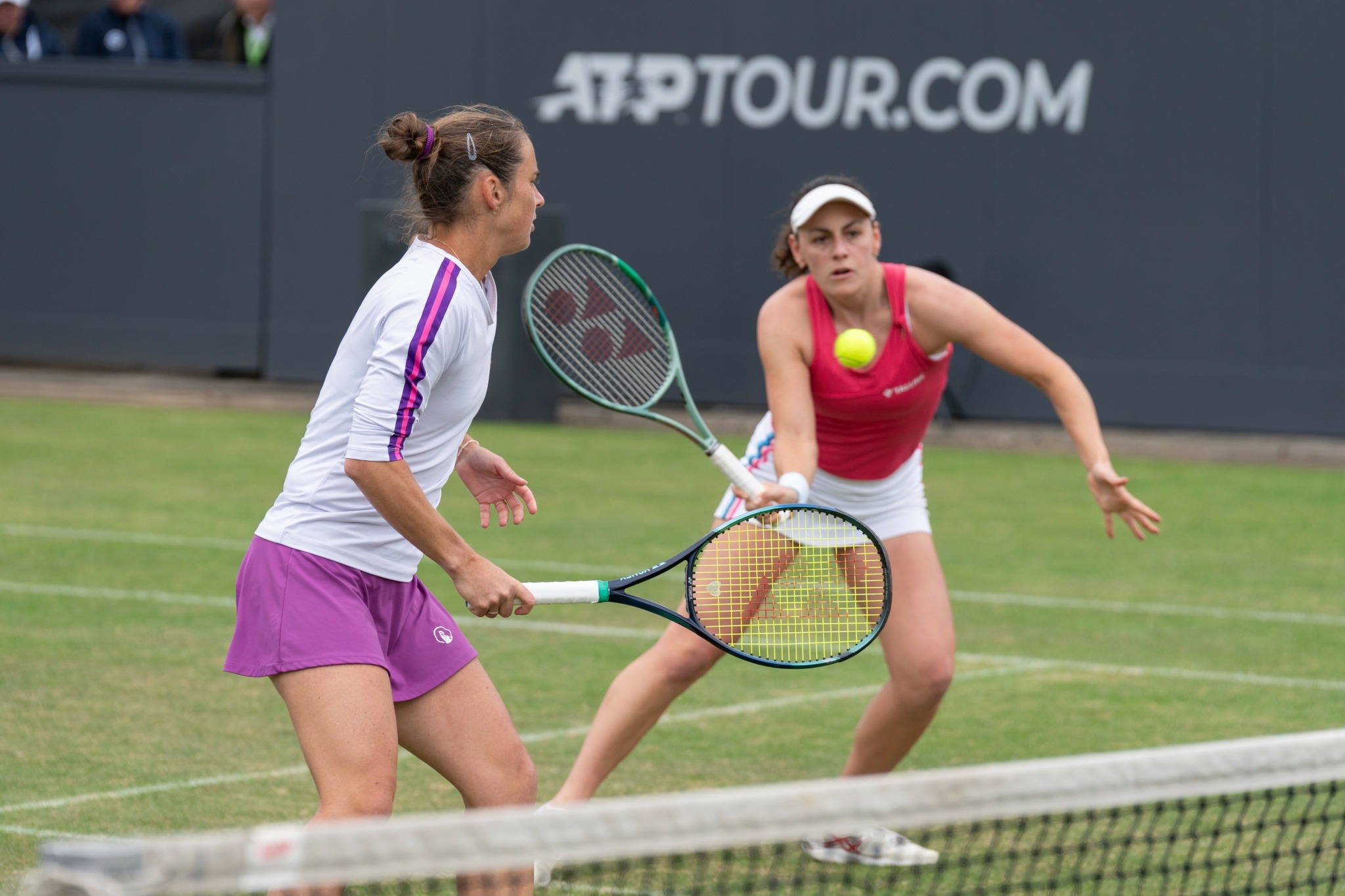
Can you share a story from your journey that illustrates your resilience?
Resilience has defined my career more than anything else. When I was just shy of 19, I made the decision to leave a full athletic scholarship at the top-ranked tennis school in the country to pursue life as a professional athlete. That meant giving up stability for a dream with no guarantees, just belief.
The early years were grueling. I traveled the world mostly alone, shouldering the weight of competition, physical pain, and the financial stress of funding a solo career. I didn’t have a consistent team, and I pushed through injuries that didn’t make sense for someone my age or level of training.
Eventually, I was diagnosed with an autoimmune disease (AS) that attacks my joints and soft tissue. It was a moment of clarity and devastation at once finally understanding the invisible battle I’d been fighting. I shifted my focus to doubles, where the demands were different, and started climbing back. It took nearly four years of rebuilding, but I broke into the top 50 in the world, played all four Grand Slams, and won multiple WTA titles.
Just as I reached my career high, I was sidelined for six months by back pain. I came back stronger only to suffer a wrist injury four months later that required surgery. That was when I had to really face the possibility that my career might be over.
I deliberated on my position, re-enrolled in college at the same university where I had once won a national championship. While while pursuing my degree, I continue doing everything I can to return to top level tennis.
What this journey has taught me is that resilience is a rare commodity to be re-enforced regularly in the face of doubt.
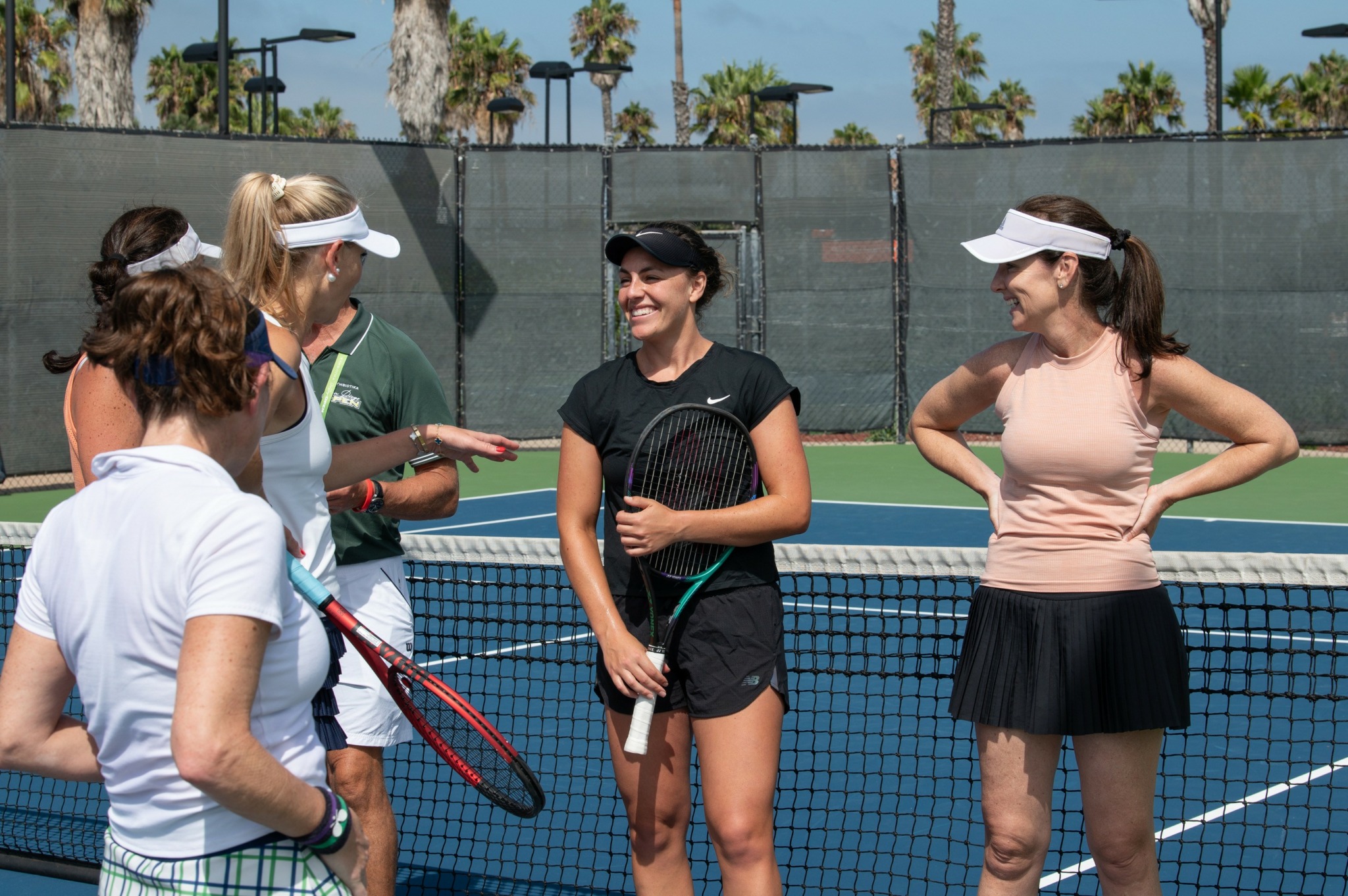
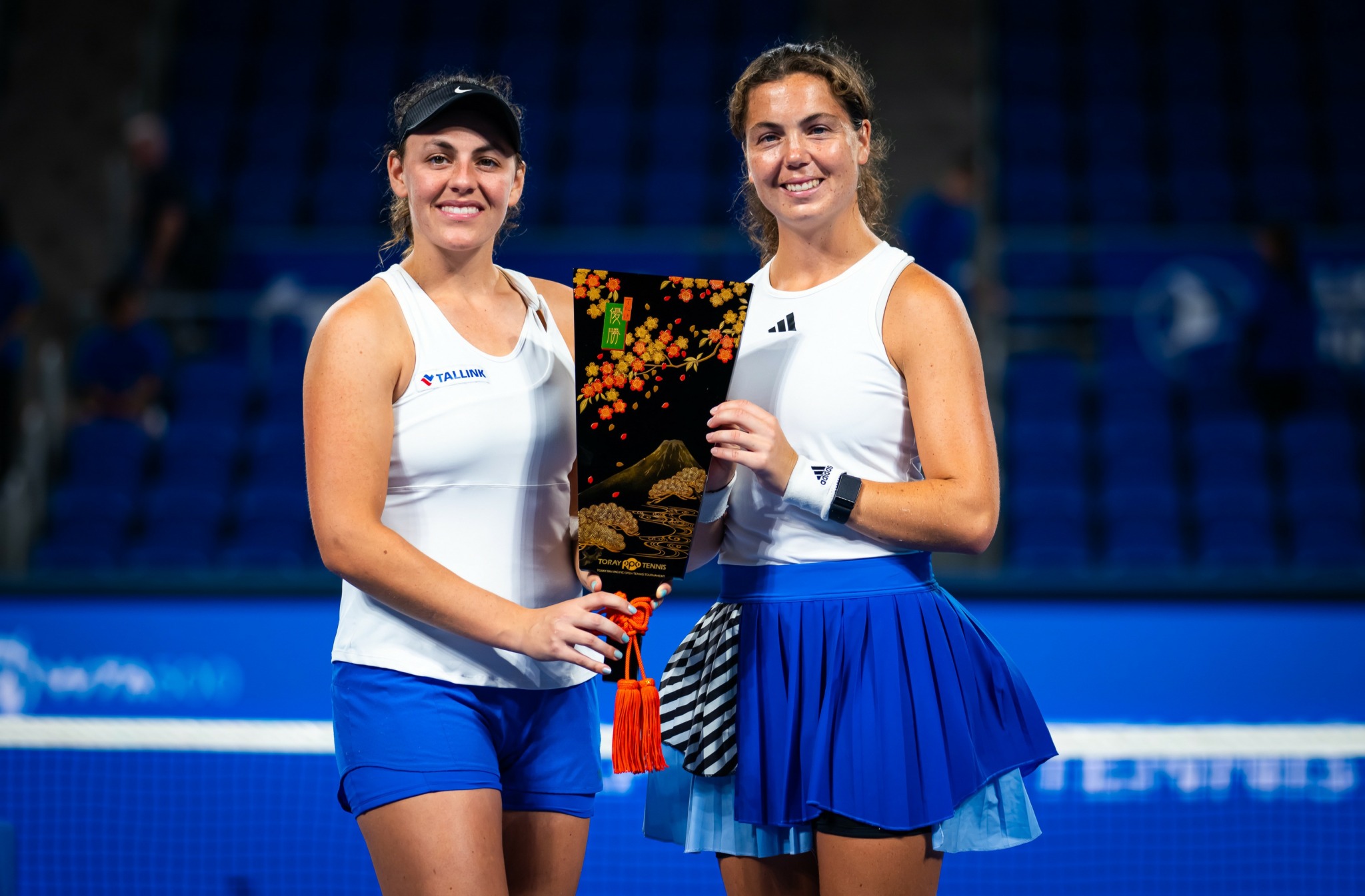
Do you have any insights you can share related to maintaining high team morale?
In my profession as a tennis player, managing a team is a unique challenge. Unlike a traditional office setting, my team includes coaches, trainers, therapists, family members, and doubles partners–all with different roles, expectations, and personalities. I’ve had to learn how to manage not just logistics, but energy, emotions, and communication across a group of people who are all working toward the same goal: helping me perform at my best. I have found some of the best people in the world who asked me to work with them, including Nick Bollettieri for several years and John McEnroe at his academy in New York. I also sought out the best unsung talents as traveling coaches, physical therapists and physicians–and this has been among the most rewarding aspects of my career. I have a sense of deep gratitude in this team, both past and present. We have celebrated crowning victories and persevered through the darkest valleys. I’m blessed to know them and count them as friends and colleagues. We were honest with each other and had faith and common intent. It wasn’t about money or glory, but about doing things right with discipline, commitment and love. Timeless principles.
If I’m struggling physically or mentally, no one can help unless I speak up. Sharing this isn’t weakness; it’s what builds trust and alignment. I’m lucky enough to be able to say that over the course of years and years I have built a team that cares deeply for me and I feel the same about them.
Everyone I hire, whether it’s a coach or a physical therapist, is an expert in their field. I’m not just managing them; I’m learning from them. It’s a collaborative process, but I also have to set the tone. That means showing up with positive energy, setting clear expectations, and being willing to hold them accountable, just like I want them to do for me. High standards go both ways.
Defining roles clearly, checking in regularly, and staying aligned on expectations are non-negotiables. Whether you’re running a sports team or a business team, people thrive when they know what’s being asked of them, feel valued, and see that their efforts are moving everyone forward.
Morale doesn’t come from forcing positivity, it comes from showing up with a common purpose and a willingness to grow together.
Contact Info:
- Instagram: ingridneel
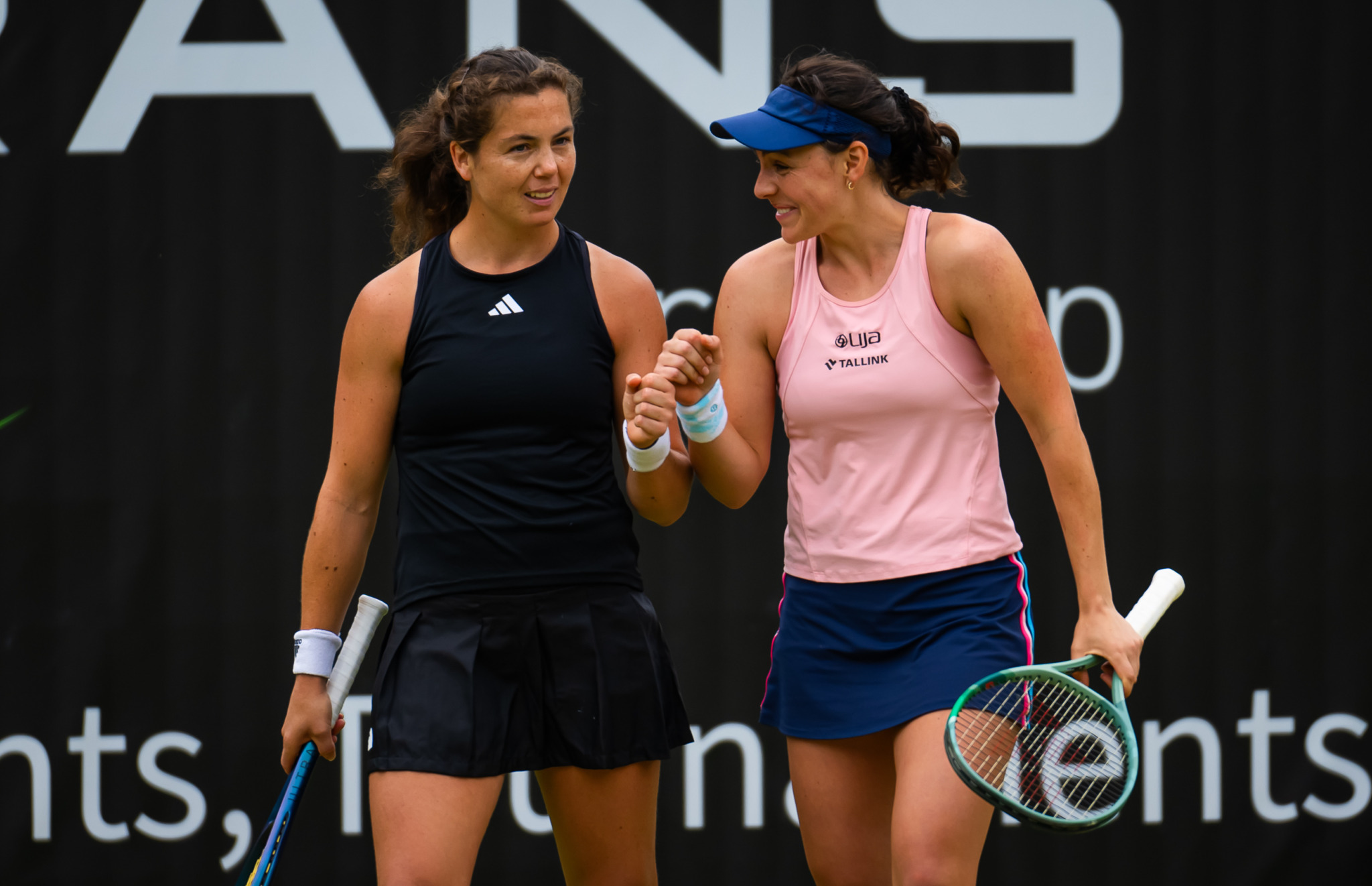
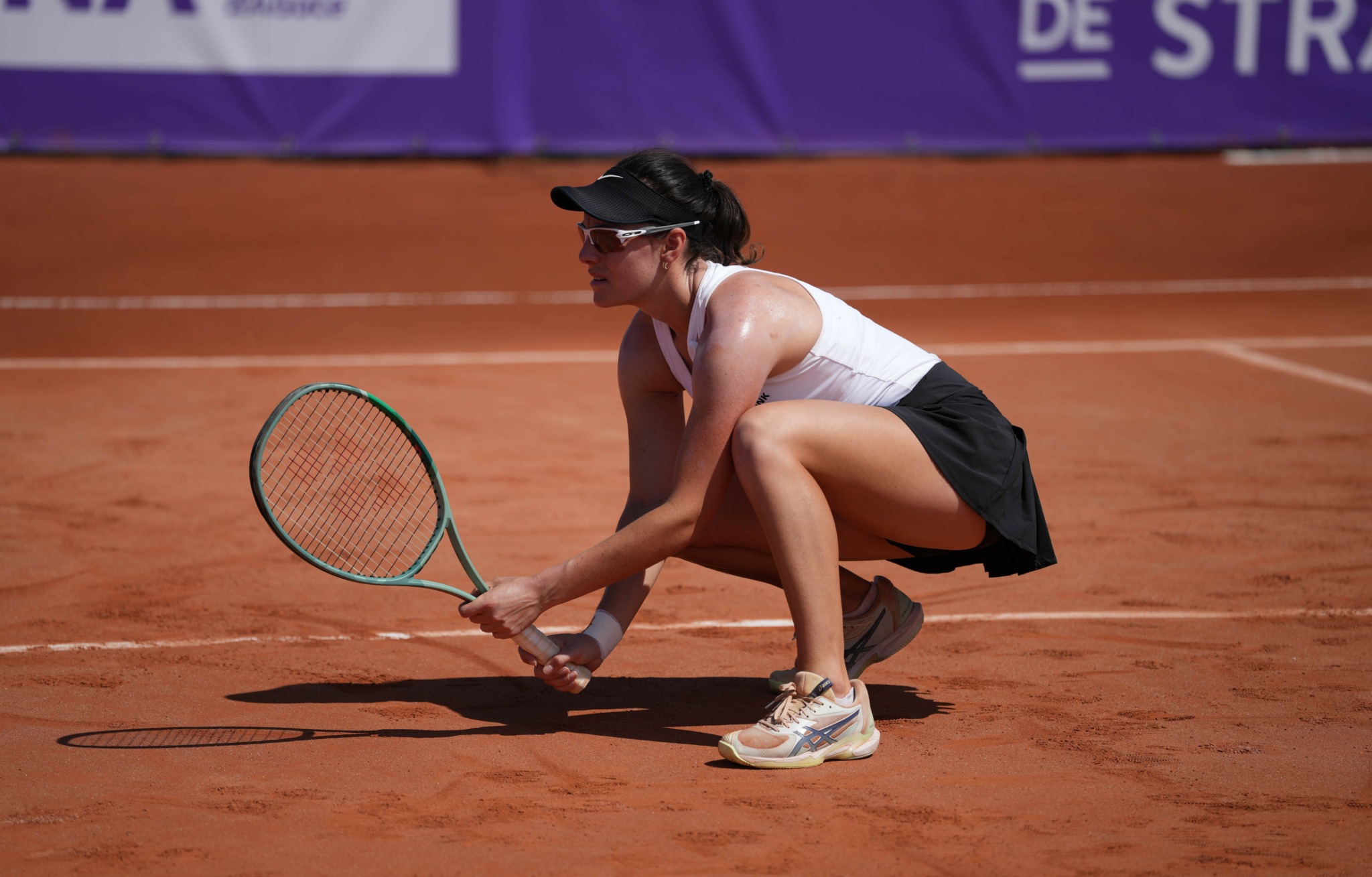
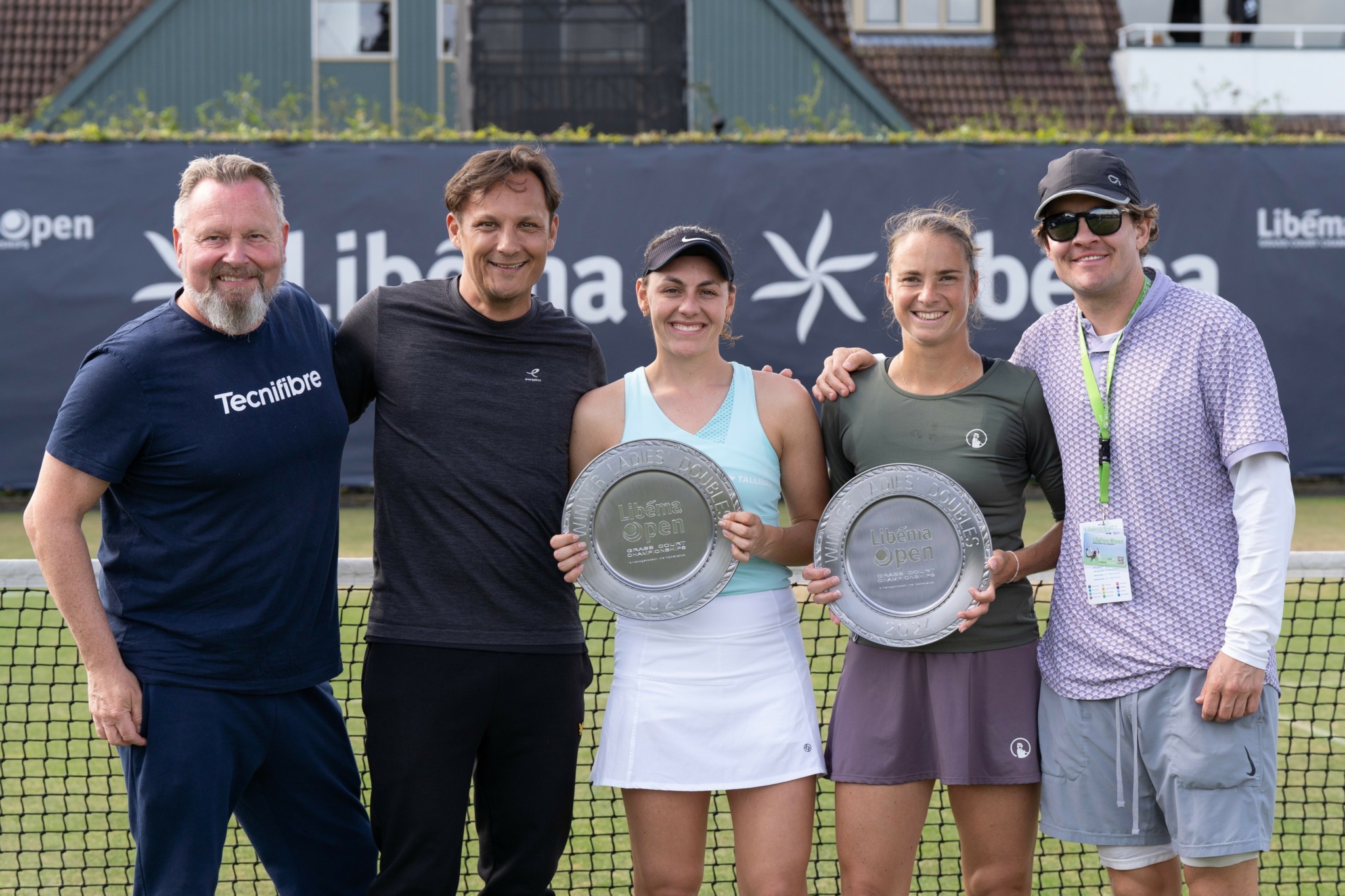
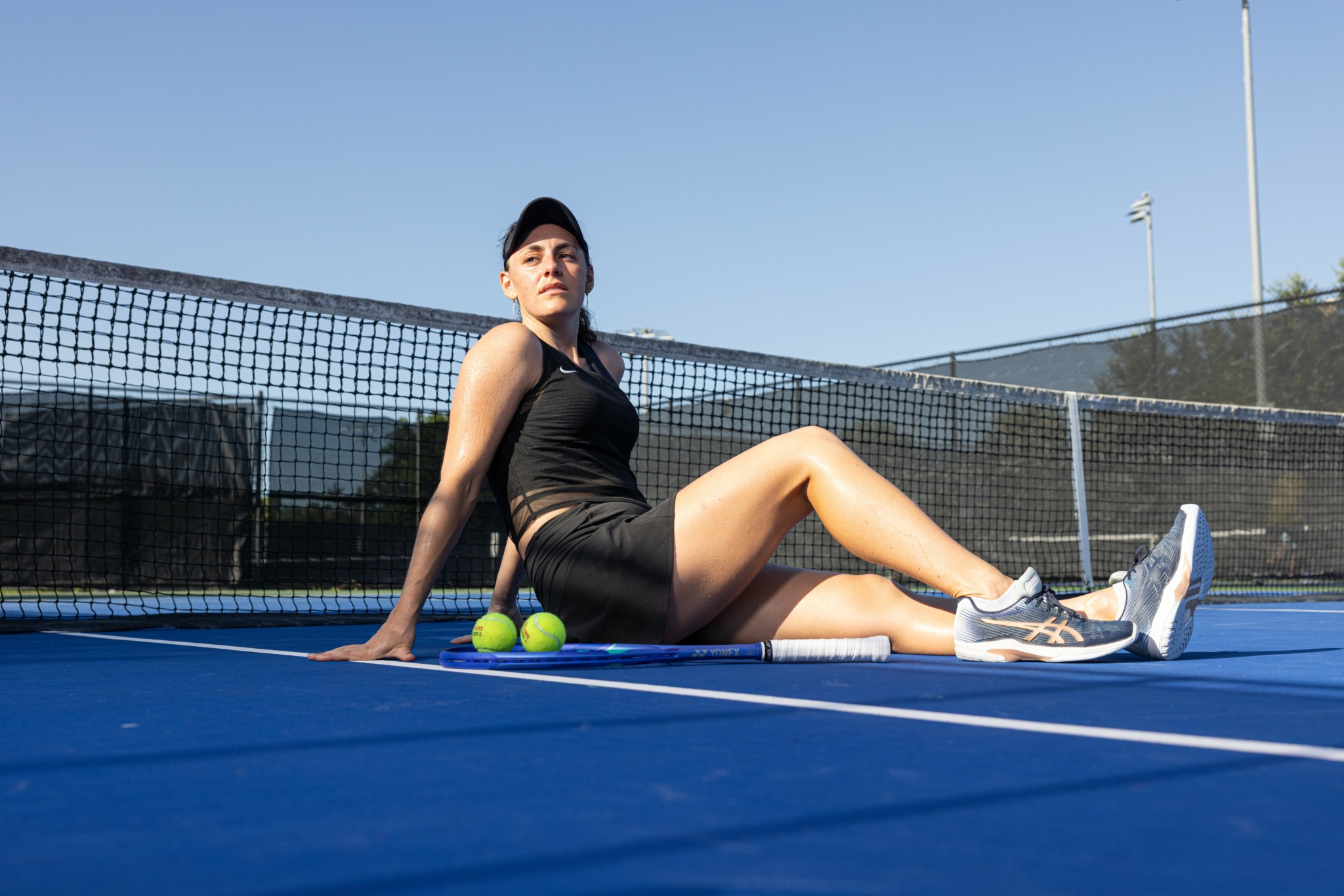
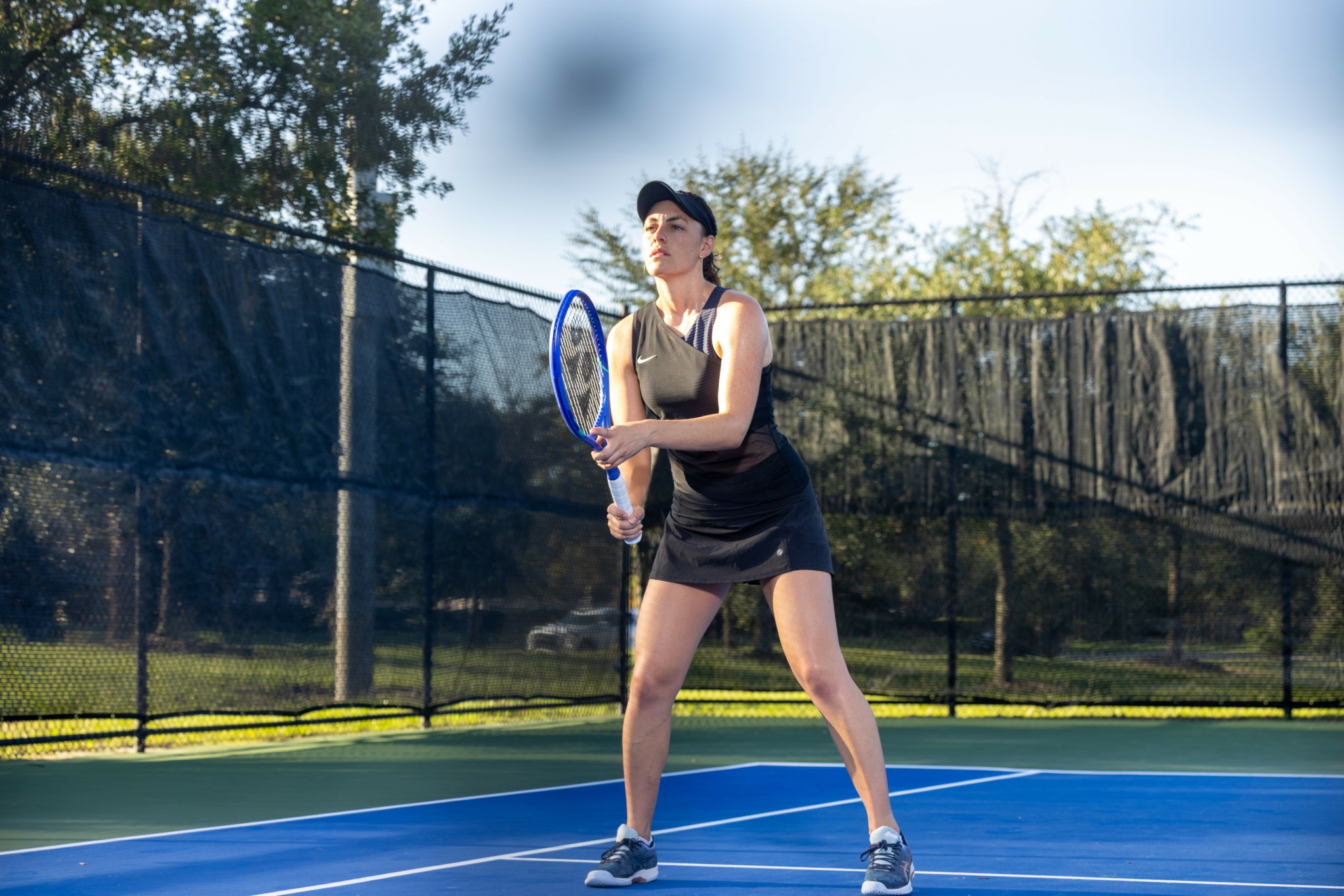
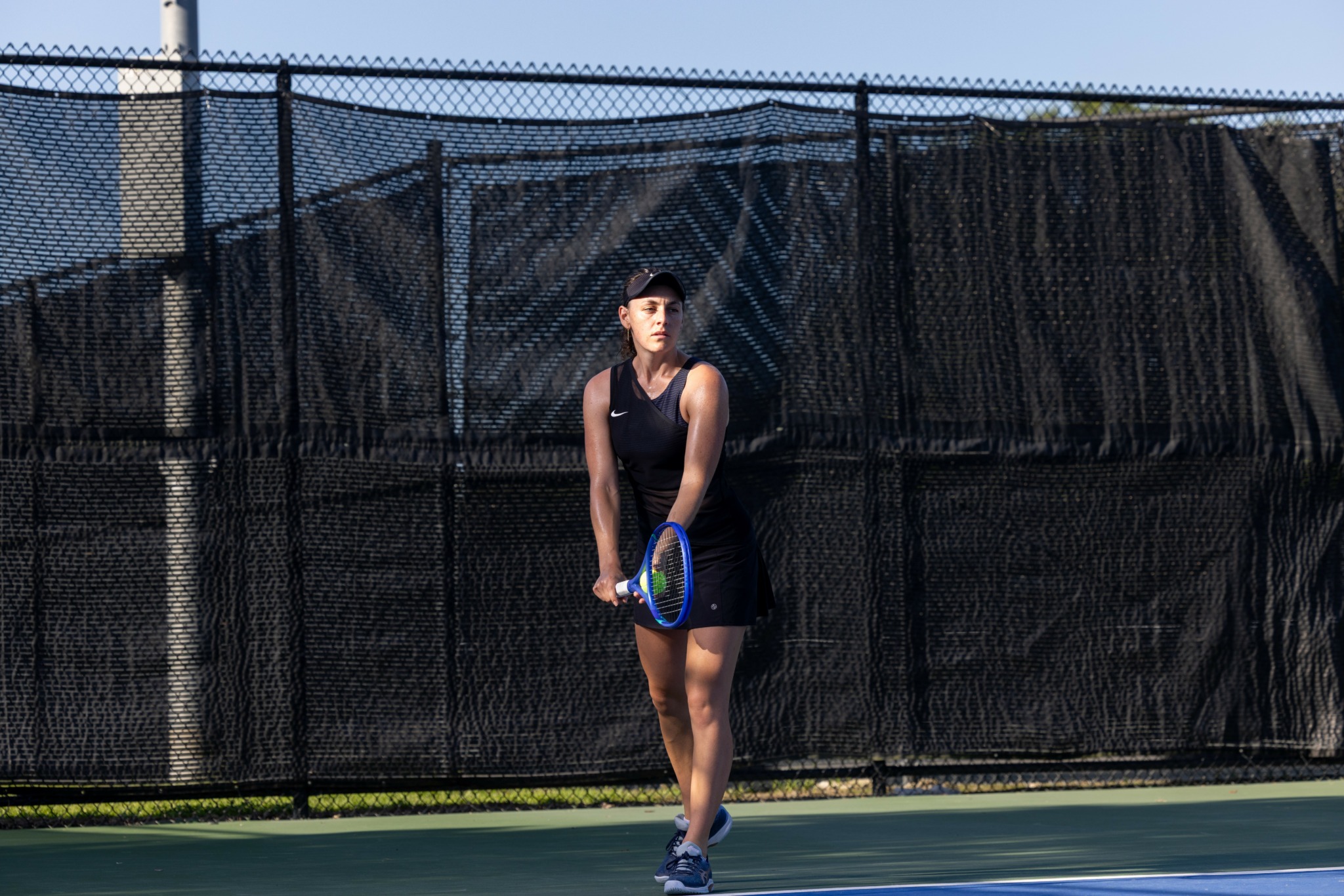
Image Credits
Credit “personal photo” to Radka Leitmeritz.
Last three photos shot by Dre Jenkins.


